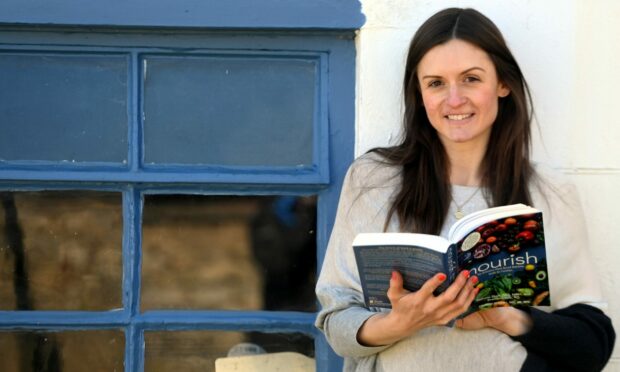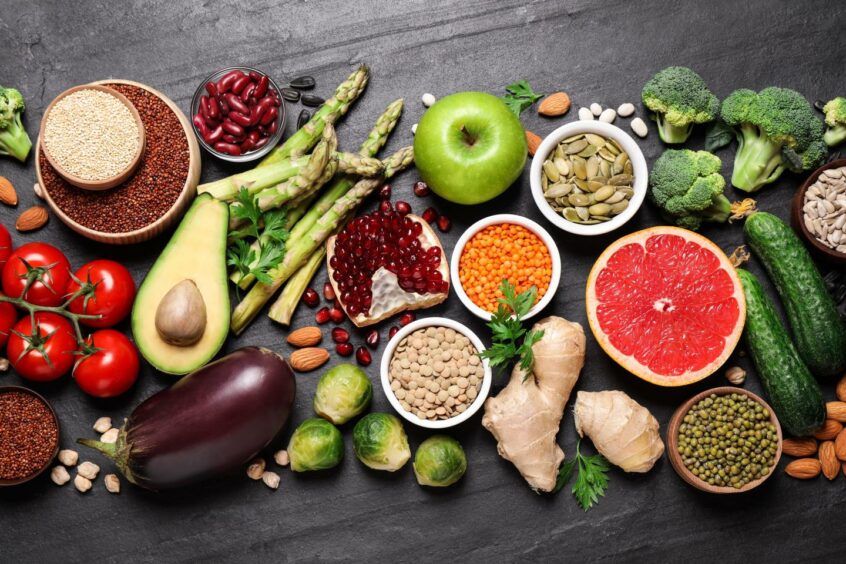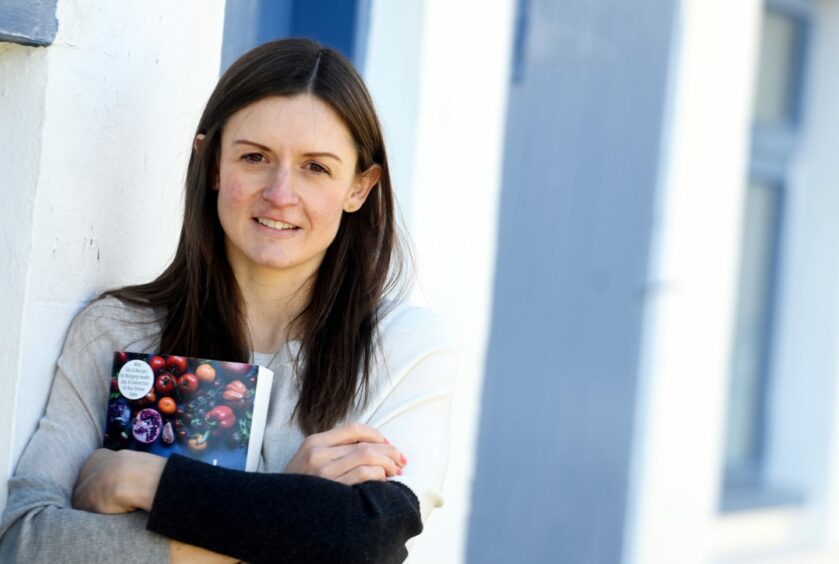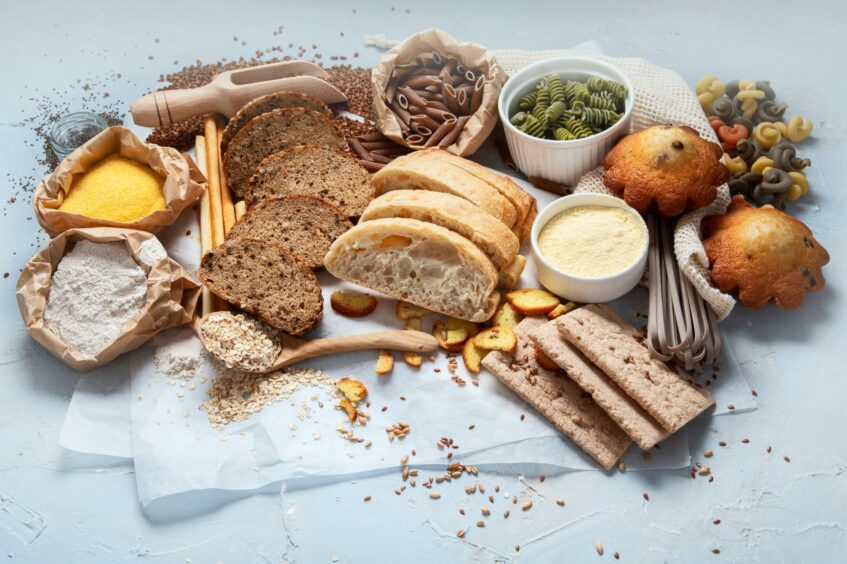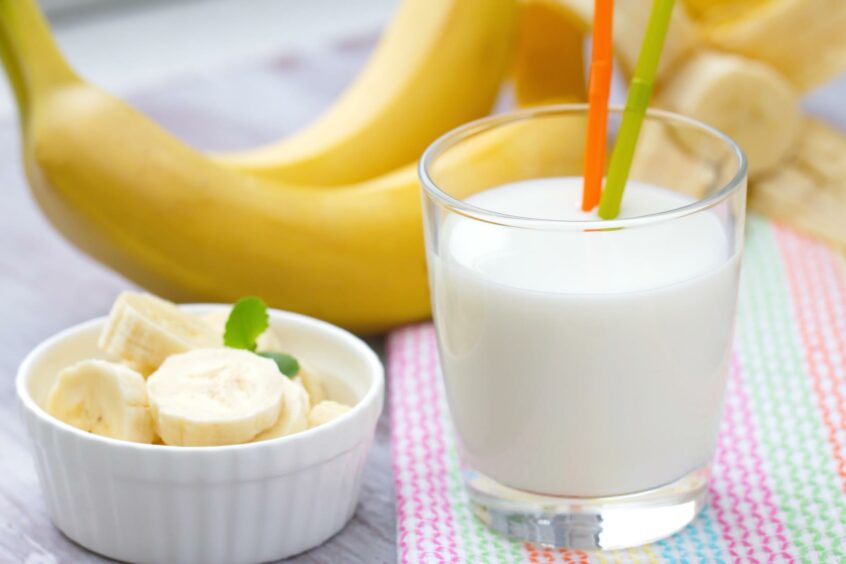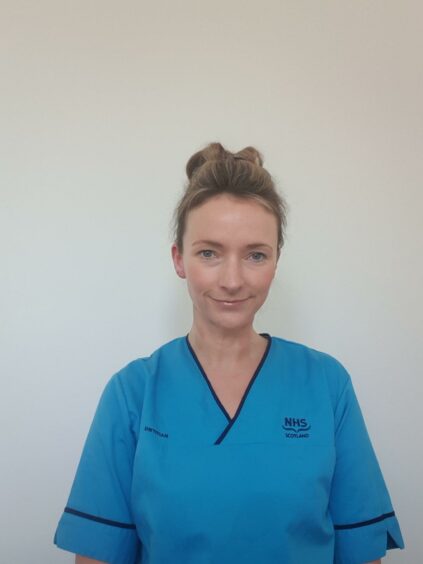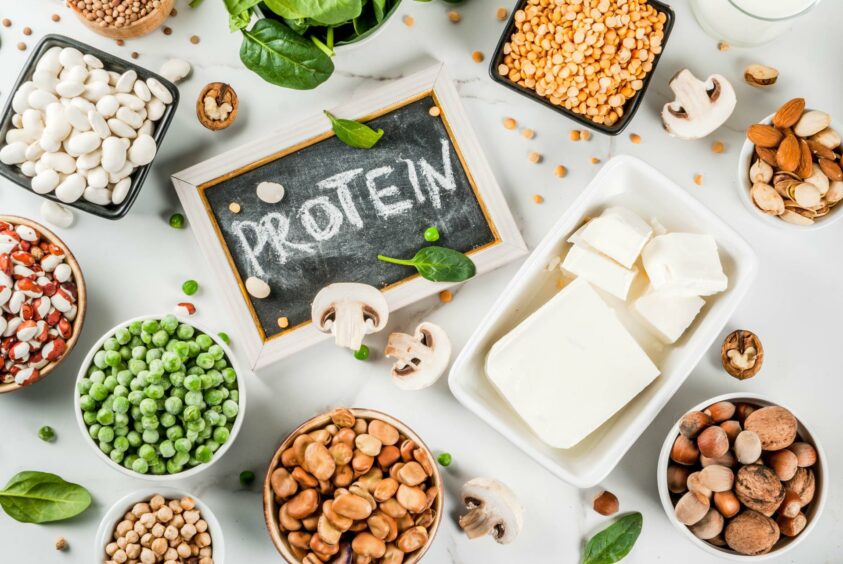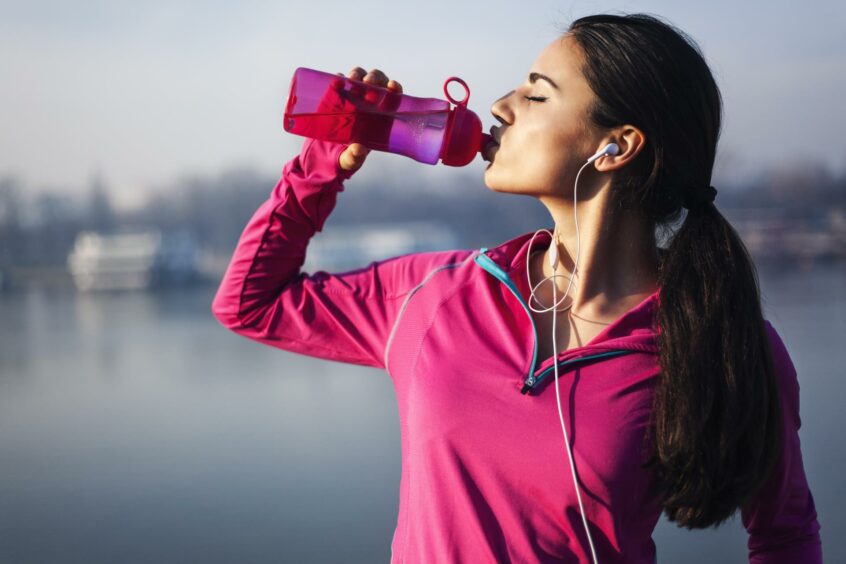With research from the University of Glasgow showing that only one in nine of the biggest health accounts on social media gives accurate health advice, it’s no wonder that sometimes we can’t see the wood for the trees when it comes to our diet.
On Instagram alone, there are 59.9 million posts tagged with the word “nutrition” and 75.8 million posts about “diet”, which goes some way to explaining why there is so much misinformation about what’s best to eat as part of a healthy diet.
To cut through the overwhelming and often misleading advice, Your Life spoke to Ailsa McHardy, a lecturer in dietetics at Robert Gordon University and freelance dietitian, and Sophia Robertson, an NHS community dietitian in Aberdeen and Aberdeenshire, to get their expert advice on what we should be eating as part of an active lifestyle.
Ailsa McHardy
“I think that social media and the role of influencers can be really damaging and can give people really unrealistic expectations in terms of what they should look like and what they should eat and drink,” said Ailsa McHardy, who worked as an NHS dietitian before becoming a lecturer.
“The key things I would say are good hydration is really important, roughly two litres a day for an adult and extra if it’s hot weather or you’re exercising.
“Carbohydrates are really important so people should not be avoiding them as they are the body’s preferred fuel and can form a significant part of a really healthy and balanced diet.
“Carbohydrates get a bad press and it’s not really appropriate at all, so things like wholemeal bread, pasta, cereals, rice are all really good sources of energy and lots of other nutrients as well.
“Carbohydrates are actually really useful sources of protein, fibre and B vitamins in our diet.”
Ailsa says everybody should also think about eating more plant-based food such as fruit and vegetables, nuts, beans, pulses and lentils.
And when it comes to re-fuelling after exercise, Ailsa says you don’t need to spend a fortune on protein shakes.
“When I see people looking at protein shakes, I feel like saying to them, you don’t need to spend £40 on a kilo of that, just buy yourself some milk and have a banana.”
Sophia Robertson
With 16 years of experience as an NHS dietitian, Sophia is also keen to share some of her top tips for enjoying a healthy diet as part of an active lifestyle.
Echoing Ailsa’s advice on the importance of carbohydrates, Sophia said: “Your body uses carbohydrates as its main fuel source and you need that when you’re exercising, because if you won’t have that you won’t improve, your recovery will take longer.”
Portion control is also really important.
“For somebody who is doing intense training daily, they’ll need a lot more carbohydrates than someone who is doing light to moderate exercise,” said Sophia.
And with so many protein-led food products on the shelves at the moment, it’s easy to think that you should be eating more of it, which Sophia says is not necessarily the case.
“A lot of people think they’ve got to bulk up on the protein to get more muscles, and although that’s true to help with muscle repair and building your muscles, you can again still achieve the right protein level with a good diet where you incorporate protein into your meal and as your snacks.
“So for breakfast you could have some eggs and peanut butter on toast, and include protein in your main meals like tuna or chicken in your sandwich at lunch and protein again with your evening meal.
“You can also incorporate it in snacks as well, like apple slices and peanut butter or nuts and seeds.
“It’s not just the protein that builds the muscle, you need the carbohydrate as well.
“If your diet is too low in carbohydrate your body then uses the protein as fuel rather than the carbohydrate, so it doesn’t build the muscle.”
So in a nutshell, is the key everything in moderation?
“Yes, the key is your carbohydrates, fruit and vegetables, protein like fish, chicken, nuts, pulses and lean red meat, although not too often as they are higher in saturated fats,” said Sophie.
“Dairy foods or dairy alternatives are an important food group as well because they’re providing your body with protein, calcium and lots of vitamins and minerals and essential fats.”
For more information
Sophia recommends people take a look at the Healthy Weight Grampian website www.healthyweightgrampian.scot.nhs.uk or the British Dietetic Association website www.bda.uk.com
Meanwhile, Ailsa has her own website www.nourish-rd.co.uk and Instagram page @nourishwithailsa
